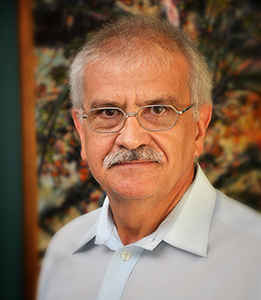
Dr Derek Litthauer
Photo: Supplied |
This year has started off on a high note for Dr Derek Litthauer and his team at the South African National Control Laboratory (NCL) for Biological Products. The National Department of Health has awarded the NCL a contract to the value of R53.5 million to continue testing vaccines for the next three years.
Vaccines are biological medicines used to ensure healthy populations by preventing many diseases. The World Health Organization (WHO) estimates that, worldwide, about 5.2 million children under six years old die annually. Of these deaths, 29% are vaccine preventable. Research has revealed that vaccines prevent about 6 million deaths each year globally. Safe and effective vaccines are essential public health tools, which are strictly regulated internationally. It is the NCL’s responsibility to perform quality control testing on all vaccines to be used on humans in South Africa.
This laboratory, the only one of its kind in Africa, receives samples of vaccines from manufacturers and importers for rigorous evaluation and testing. No vaccine may be used in South Africa without a release certificate issued by the Control Lab, certifying that the vaccine is suitable for human use.
The contract is a commitment to ensuring that only vaccines of the highest quality are used in South Africa.